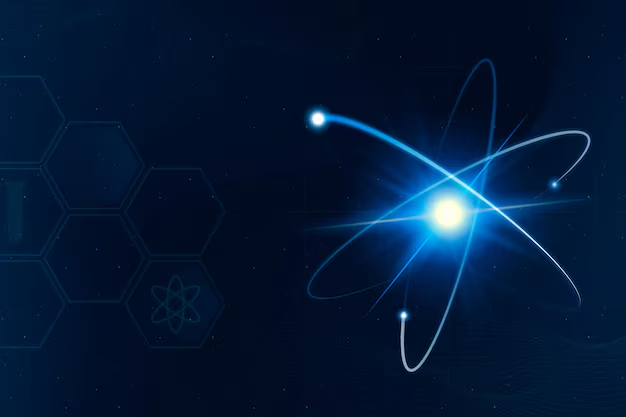What is Physics?
Assuming you’ve at any point pondered the powers that drive the universe or the rules that support the devices you utilize consistently, material science is the way to opening these secrets. Physical science, one of the basic sciences, investigates the idea of issue and energy and their associations. This blog will dive into what material science is, its different kinds, significant subjects, its importance, and a few stunning realities.
Meaning of Physics
Physics is characterized as the part of science that arrangements with the investigation of issue, energy, matter and their interactions. From the movement of objects to the way of behaving of particles at the quantum level, physical science gives a complete comprehension of how the universe works. It resolves questions like how gravity functions, why articles fall, and how light voyages.
Branches of Physics
Physics is a wide field with a few specific branches, each zeroing in on various parts of the actual world:
Traditional Mechanics:
This area of material science manages the movement of bodies affected by powers. It covers regular peculiarities like the direction of a tossed ball or the mechanics behind a vehicle’s development.
Electromagnetism:
Zeroed in on electric and attractive fields, electromagnetism makes sense of how electrical circuits work, the way of behaving of magnets, and the standards behind remote correspondence and numerous advanced advancements.
Thermodynamics:
This branch concentrates on intensity, energy, and work. It makes sense of cycles, for example, why ice dissolves when warmed and how motors convert energy into movement.
Quantum Mechanics:
Quantum mechanics investigates the way of behaving of particles at the nuclear and subatomic levels. It presents ideas like wave-molecule duality and quantum ensnarement, which challenge how we might interpret reality.
Relativity:
Created by Albert Einstein, relativity upset how we might interpret existence. It tends to what gravity means for the texture of spacetime and gives experiences into the design of the universe.
Astronomy:
Applying actual standards to heavenly bodies and the universe, astronomy assists us with understanding peculiarities like dark openings, supernovae, and the beginning of the universe.

Key points in physics
Physics covers a large number of subjects that are urgent for figuring out the normal world:
Powers and Movement: The investigation of how articles move and communicate under different powers.
Energy: Various types of energy, their changes, and protection regulations.
Waves and Motions: The way of behaving and association of waves, including sound and light.
Present day Physical science: Incorporates state of the art hypotheses like quantum mechanics and relativity that stretch out past traditional physical science.
Significance of physics
Understanding physical science is pivotal because of multiple factors:
Innovative Headways:
Numerous cutting edge advances, from cell phones to clinical imaging gadgets, depend on standards found through physical science. Advancements in physical science drive mechanical advancement and work on our personal satisfaction.
Captivating Realities About Physical science
The Speed of Light:
Light goes at roughly 299,792 kilometers each second in a vacuum, making it the quickest element known to man.
Quantum Entrapment:
This peculiarity permits particles to become interconnected so that the condition of one molecule immediately influences the condition of another, paying little heed to remove
Dark Matter and Dark Energy:
Together, dim matter and dim energy represent around 95% of the universe’s absolute mass-energy content, yet they stay probably the greatest secrets in material science.
In short, physics isn’t simply a subject; it’s a passage to figuring out the universe’s most significant secrets. By investigating its definition, types, and key points, we gain experiences into everything from regular peculiarities to the most mysterious parts of the universe. Physical science is fundamental for innovative progressions, logical information, and taking care of intricate issues, making it a foundation of present day science.
